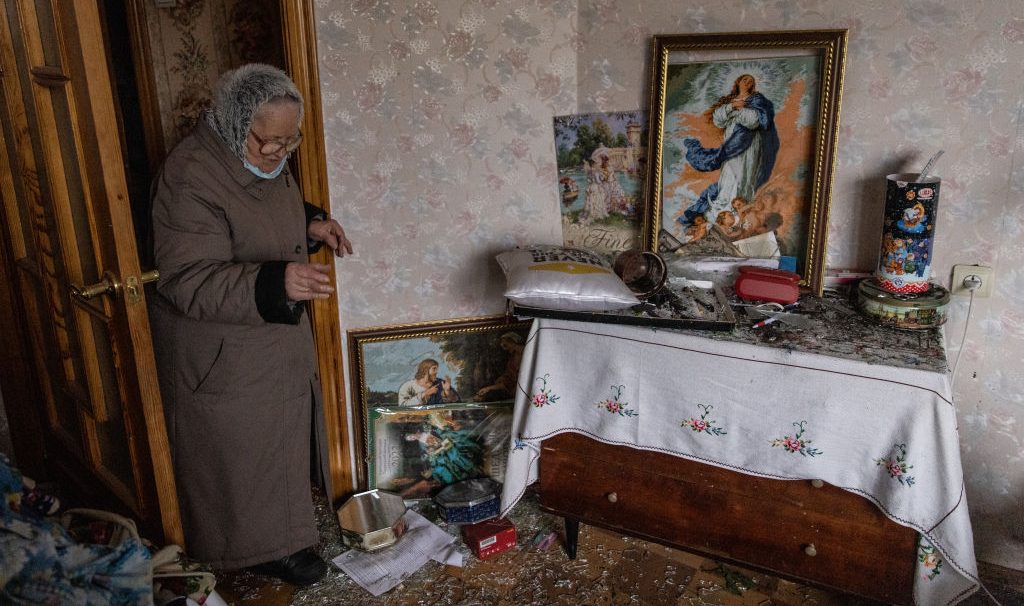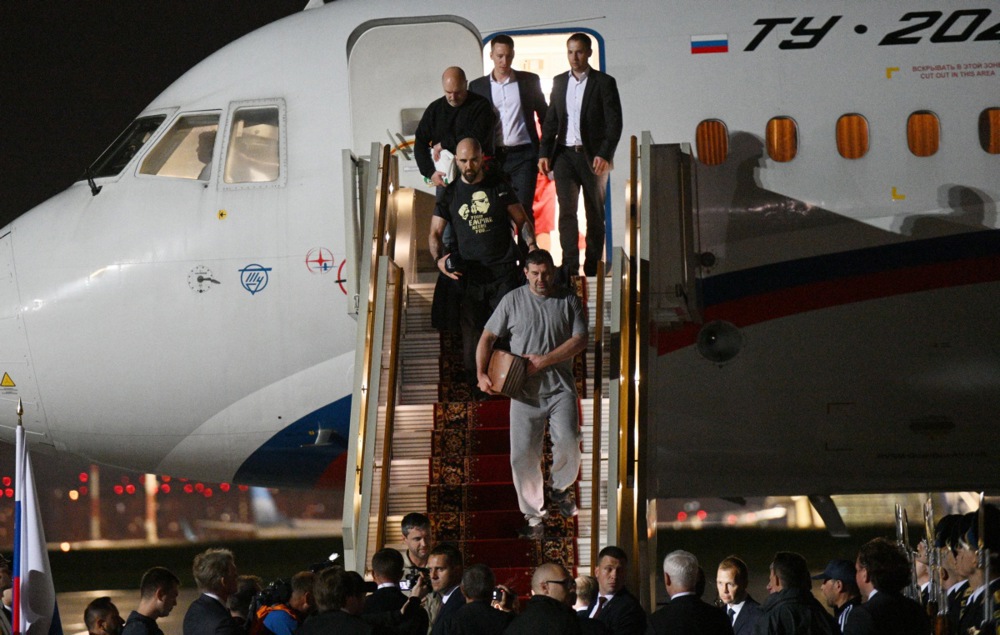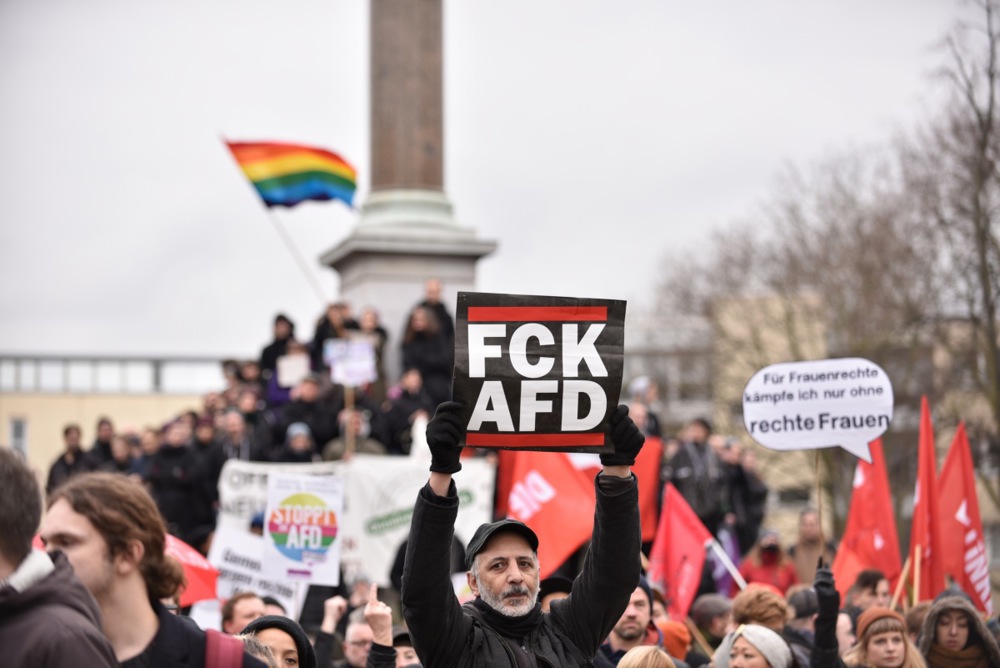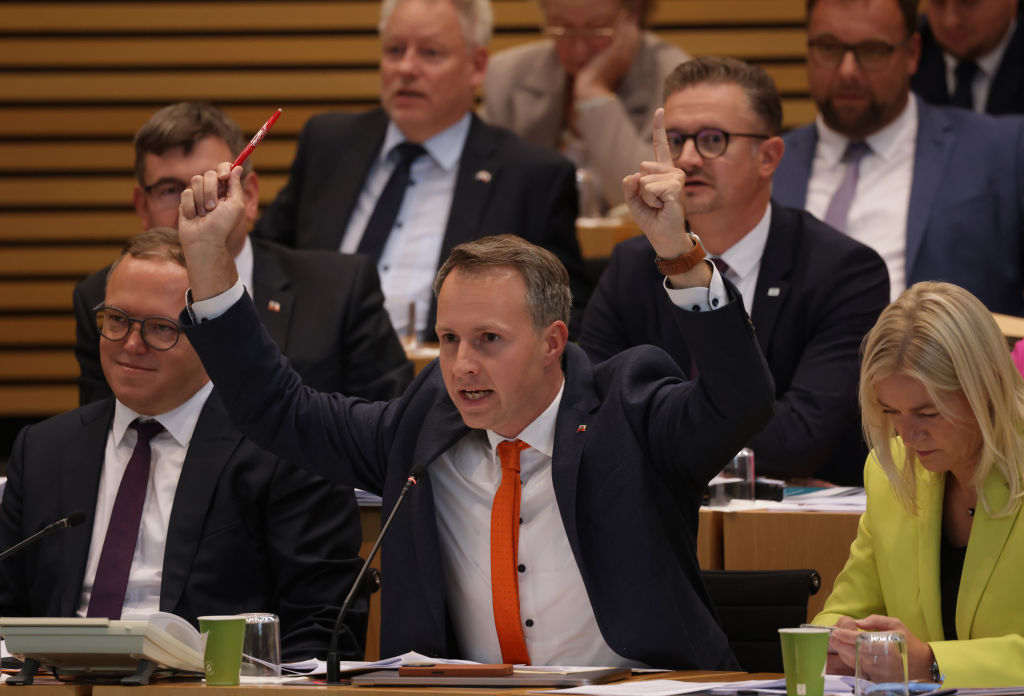A few months after his release from prison, the Parliamentary Assembly of the Council of Europe (PACE) has recognised Julian Assange as a political prisoner.
In a vote of 88 against 13 and 20 abstentions on October 2, the assembly approved a resolution stating that the Wikileaks founder was charged and imprisoned in the UK for political reasons. He was released in late June this year.
In the resolution, PACE expressed deep concern at “the disproportionately harsh treatment” faced by Assange and said it had a “dangerous chilling effect”, which undermined the protection of journalists and whistle-blowers around the world.
Based on a report by Icelandic MP Thórhildur Sunna Ævarsdóttir (SOC), the assembly concluded that Assange had been treated as a “political prisoner” according to a definition it had approved in 2012.
Assange was threatened with possible life imprisonment “for what was – in essence – newsgathering and publishing”, it found.
The European body had called on the US to investigate the alleged war crimes and human rights violations disclosed by Assange and Wikileaks.
“Its failure to do so, combined with the harsh treatment of Mr Assange and Ms Manning, creates a perception that the US government’s purpose in prosecuting Mr Assange was ‘to hide the wrongdoing of state agents rather than to protect national security'”, an October 2 press statement by PACE read.
“The Assembly called on the US, a Council of Europe observer state, to ‘urgently reform’ the 1917 Espionage Act to exclude its application to publishers, journalists and whistle-blowers who disclose classified information with the intent to raise public awareness of serious crimes.”
NGOs and the European Commission have egg on their faces after they lambasted Poland over the imprisonment of Pavel Rubtsov, a Russian spy who was part of the recent prisoner swap with Russia. https://t.co/FVpj5P1iwa
— Brussels Signal (@brusselssignal) August 8, 2024
PACE also criticised the UK, whose authorities it said “had failed to effectively protect Assange’s freedom of expression and right to liberty… exposing him to lengthy detention in a high-security prison despite the political nature of the most severe charges against him”.
His detention “far exceeded the reasonable length acceptable for extradition”, according to the resolution.

Assange and WikiLeaks gained international attention in 2010 after releasing the Collateral Murder video, a classified recording showing US military forces in Iraq killing civilians, including journalists.
In the months that followed, WikiLeaks, with material provided by whistle-blower Chelsea Manning, published numerous other classified US documents. Many of these offered what was seen as credible evidence of war crimes, human rights abuses and governmental misconduct.
WikiLeaks also confirmed the existence of secret detention sites, abductions and illegal transfer of prisoners conducted by the US within Europe.
The Assembly called on the Council of Europe member and observer states to “provide adequate protection, including asylum, to whistle-blowers who expose unlawful activities of their governments and, for those reasons, are threatened with retaliation in their home States”.
It also urged authorities to “refrain from extraditing individuals on charges linked to journalistic activities,” strengthen protections for whistle-blowers, enhance government transparency and establish strict guidelines and oversight mechanisms to prevent the excessive classification of government documents as secret.
Breaking: The Council of Europe's Parliamentary Assembly has voted to confirm that Julian Assange was held as a political prisoner. pic.twitter.com/UkHdmD1aI5
— WikiLeaks (@wikileaks) October 2, 2024
Ahead of the vote in Strasbourg, Assange gave a testimony saying he felt “a profound and surreal shift”, standing before the representatives of 46 nations and 700 million people, compared to his years of isolation in a cell.
He explained that he “eventually chose freedom over unrealisable justice, after being detained for years and facing a 175-year sentence with no effective remedy”.
Assange said the US government insisted in writing into its plea agreement that he could not file a case at the European Court of Human Rights or even a freedom-of-information act request about what happened to him as a result of its extradition request.
“I am not free today because the system worked. I am free today because after years of incarceration because I plead guilty to journalism,” he stated.
Julian Assange's full testimony to the Parliamentary Assembly of the Council of Europe (PACE) in Strasbourg today:
"Mr. Chairman, esteemed members of the Parliamentary Assembly of the Council of Europe, ladies and gentlemen.
The transition from years of confinement in a…
— WikiLeaks (@wikileaks) October 1, 2024





